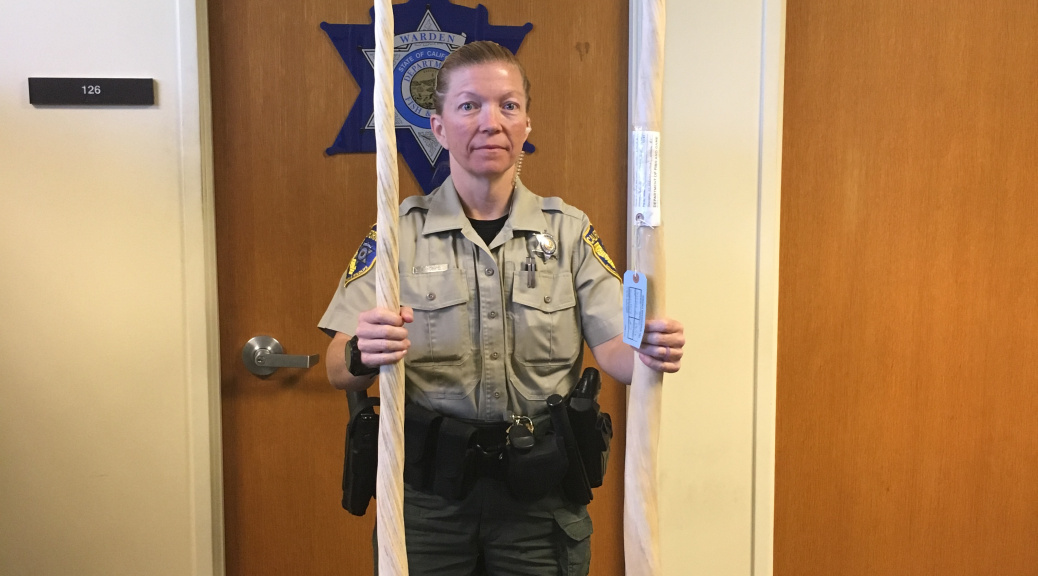L.A. County Ivory Case Results In Big Fines

The following press release is courtesy of the California Department of Fish and Wildlife:
A Los Angeles County jury has convicted Anthony Buccola, 51, of Newport Beach, and his business, Antonio’s Bella Casa, on misdemeanor charges of selling narwhal tusks. Buccola and his business were found guilty on Aug. 1 in Los Angeles County Superior Court.
Buccola was sentenced to 36 months probation with search terms, 200 hours of community service or 20 days in jail, $5,000 fine plus penalty assessment and forfeiture of the narwhal tusks. Antonio Bella Casa, Inc, was sentenced to 36 months probation with search terms, a fine of $5,000 plus penalty assessment and forfeiture of the narwhal tusk. The penalty was set pursuant to Fish and Game Code, section 2022, which took effect on July 1, 2016.
The investigation began in December 2016, when wildlife officers from the California Department of Fish and Wildlife (CDFW) Law Enforcement Division Trafficking Unit saw two narwhal tusks displayed at the retail antique store. The tusks were 79 and 87 inches long. An officer visited Antonio’s Bella Casa and an employee offered to sell the narwhal tusks for $35,000 each. He ultimately agreed to sell the tusks to an undercover officer for $30,000 each.
The tusks were seized as evidence and the CDFW Wildlife Forensics Lab conducted additional analysis. Wildlife forensics specialists confirmed the tusks were from narwhal.
“We would like to thank the Los Angeles City Attorney’s Office and specifically their Environmental Justice Unit for their assistance in this investigation and the subsequent prosecution,” said David Bess, CDFW Deputy Director and Law Enforcement Division Chief. “The penalties assessed by this court should deter further acts of ivory trafficking and prove California’s commitment to halting the demand for ivory which contributes to poaching of narwhal in their native range.”
“Selling ivory is not only illegal, it’s immoral,” said Mike Feuer, Los Angeles City Attorney. “The ivory trade is abominable, with devastating consequences that imperil threatened species like the narwhal. This prosecution and conviction sends the strong message that those who may think of selling ivory tusks will be held accountable. I also want to thank our partners at the California Department of Fish and Wildlife for their close partnership on this important issue.”
Assembly Bill 96, authored in 2015 by then Assembly Speaker and current Senate President Pro Tempore Toni Atkins (D-San Diego), made it unlawful to purchase, sell, offer for sale, possess with intent to sell or import with intent to sell ivory or rhinoceros horn, except as specified. AB 96 defines ivory as thetooth or tusk from a species of elephant, hippopotamus, mammoth, mastodon, walrus, warthog, whale or narwhal, or a piece thereof, whether raw ivory or worked ivory, and includes a product containing, or advertised as containing, ivory. A first-time violation of this law is a misdemeanor subject to specified criminal penalties and fines between $1,000 and $40,000, depending upon the value of the item.



